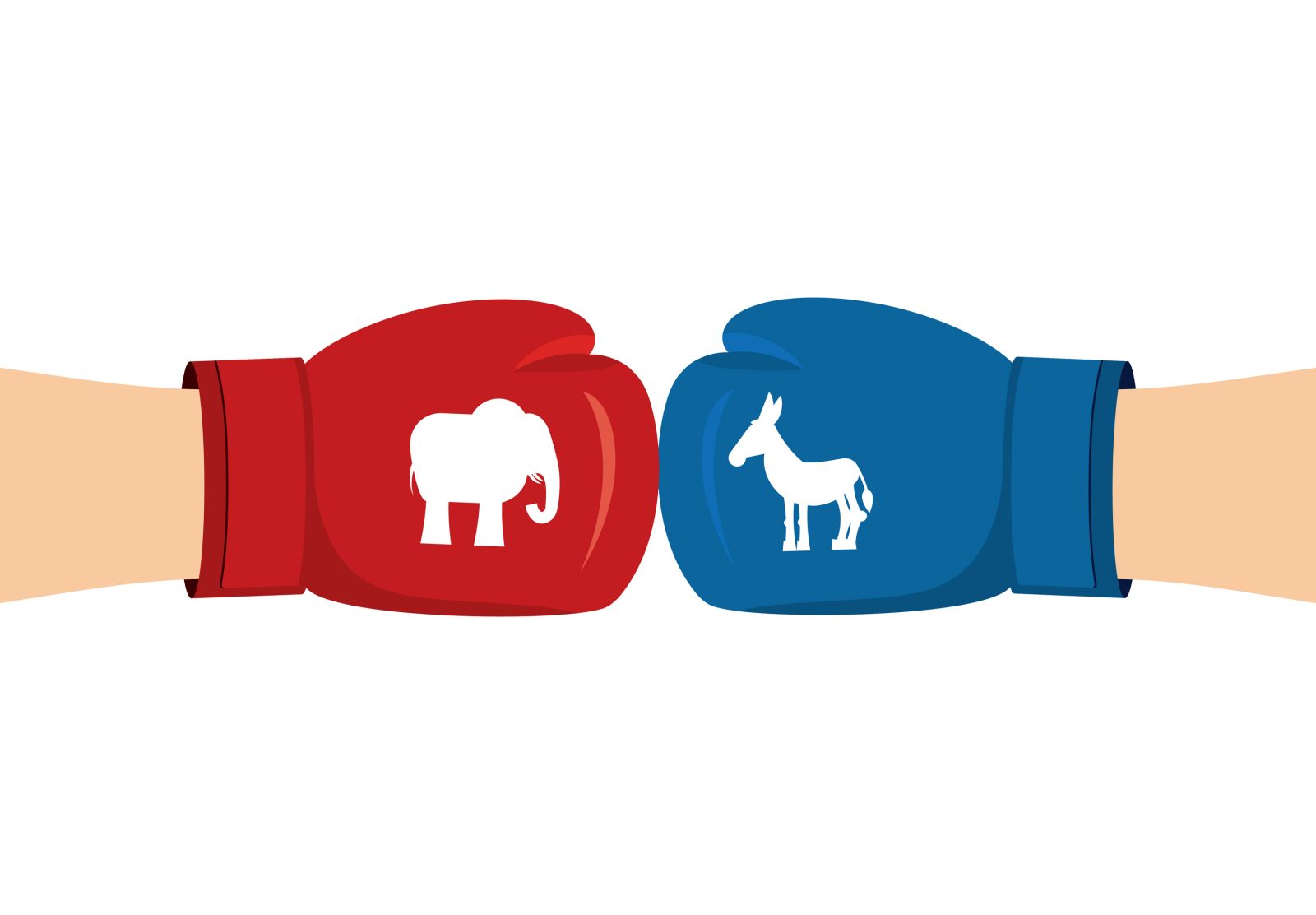'Accuracy motive' can promote depolarization in an era of intense ideological self-sorting

Professor Jeremy Frimer conducted research indicating liberals and conservatives to be equally as guilty of ideological ‘self-sorting’, largely to avoid the cognitive stresses of having their beliefs challenged. He offers further thoughts on the relevance and strategic value of his work.
Q: What was the most surprising finding from your research?
A: The biggest surprise was that liberals and conservatives are similarly motivated to avoid listening to one another. Several psychological theories and past research findings characterize conservatives as more small-minded, fearful, and tribal than liberals. Our paper, along with others in a growing wave of research, found ideological symmetry.
Q: Your research focuses on 'hot-button' issues that often provoke visceral reactions. Could attempts to avoid ideological exposure be less prominent in other areas of political discussion?
A: Yes, it is possible. Economic issues tend to be less charged than social issues. But I can’t say based on our data. From our data, I can say that the motive to stay in the bubble was larger for issues like presidential elections, smaller for issues like abortion and legalizing marijuana, and smaller again for issues like climate change and gun restrictions. The smallest effect was for climate change, the (reasonable) debate over which seems to boil down to the role of government in the private sector and globalism vs. nationalism. Perhaps, this has more to do with economics and less to do with social issues than some of the more divisive topics.
Q: What do you consider to the best path forward for overcoming this cognitive dissonance and encouraging political reconciliation?
A: For individuals who want to make a change in their lives, the key is to take on an attitude where the goal is to accurately understand issues. Past research found that the bias to seek out belief-confirming information tends to evaporate and sometimes even reverse when people have an accuracy motive. Another avenue might be to “depolarize”. A new organization called Heterodox Academy is advocating for ideological diversity within academia, and currently developing a “depolarizing app” that will hopefully help individuals understand where the other side is coming from, and develop a receptive and humble approach. I also wonder whether social media platforms encouraging cross-cutting conversations might help. One of the keys may be getting past the slogans and actually learning about how policy works. A recent paper found that people can maintain extreme positions when they are in an illusion of understanding When asked to explain how their preferred policies would actually work, they realize that they don’t understand what they are talking about, and become more moderate on the issues. The 2016 election was remarkable for the quantity of coverage juxtaposed by the near absence of substantive policy discussion.
Jeremy Frimer is a professor of psychology at the University of Winnipeg.


